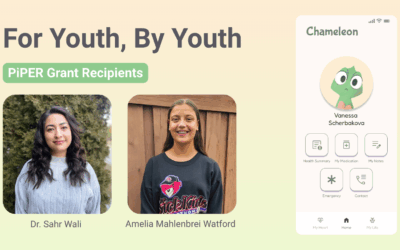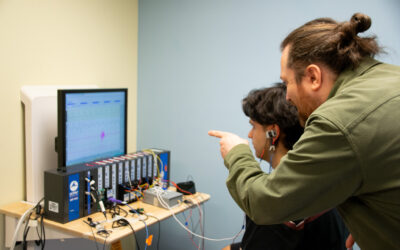This fall, TRANSFORM HF is proud to offer for the fourth year On the Land, a cultural safety training program developed and delivered by Indigenous scholar Dr. Angela Mashford-Pringle in collaboration with Indigenous Elders and Knowledge Keepers.
The three-day immersive experience invites trainees, researchers, and clinicians into a transformative experience rooted in Indigenous ways of knowing and being. Participants have the unique opportunity to learn directly from Indigenous teachers about relationality, respect, and responsibility in health and research. In addition to gaining a deeper understanding of the cultural, historical, and relational contexts that shape Indigenous health, learners build a tight-knit community through communal living, shared meals, and time on the land.
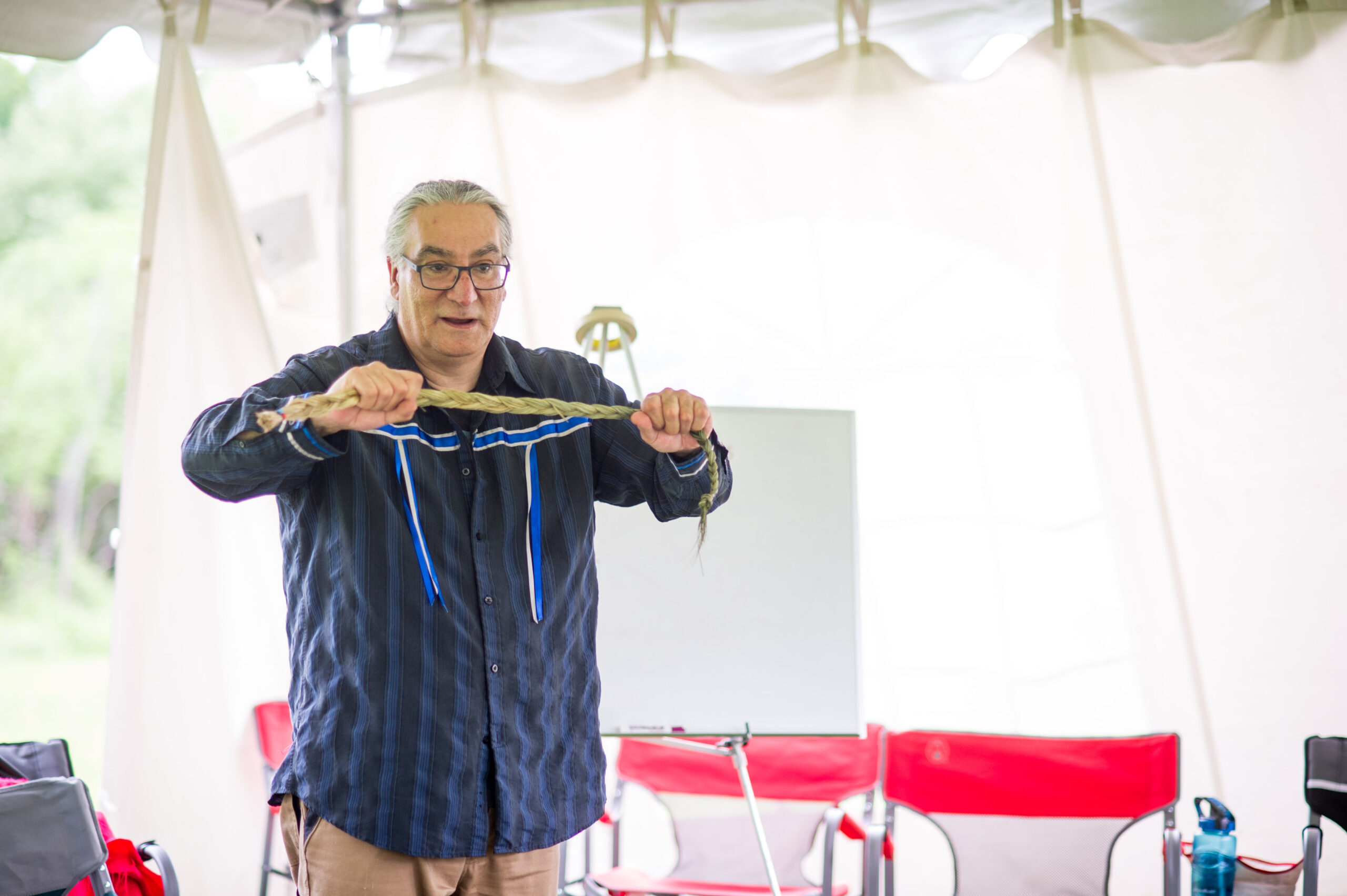
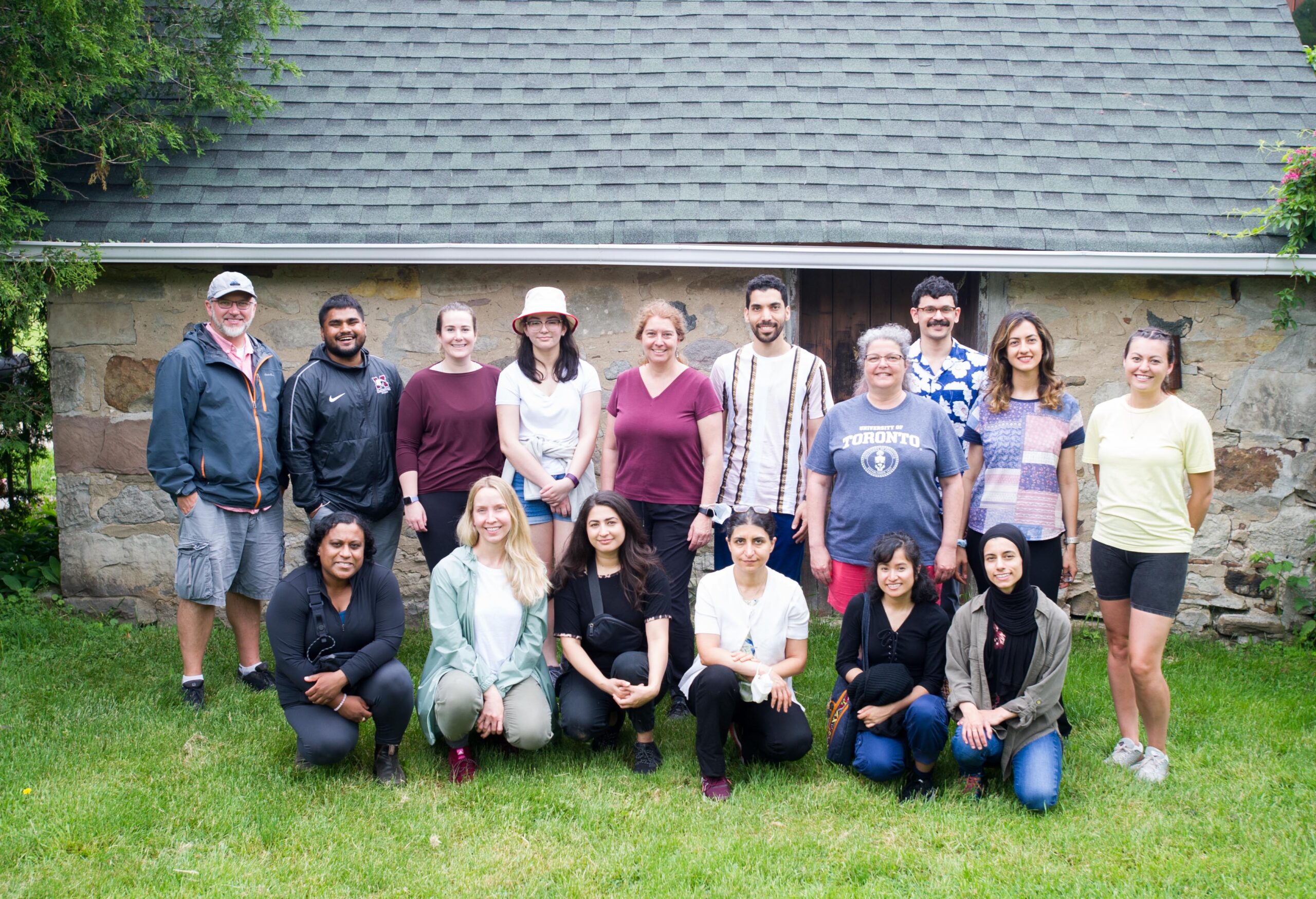
For many past participants, their time spent on the land has profoundly impacted their research and practice. We spoke with three past participants to learn more about the experience.
Say hello to…
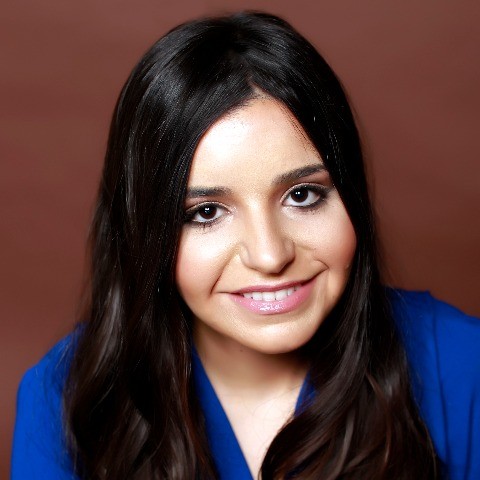
Dr. Mena Gewarges
Cardiologist, Peter Munk Cardiac Centre
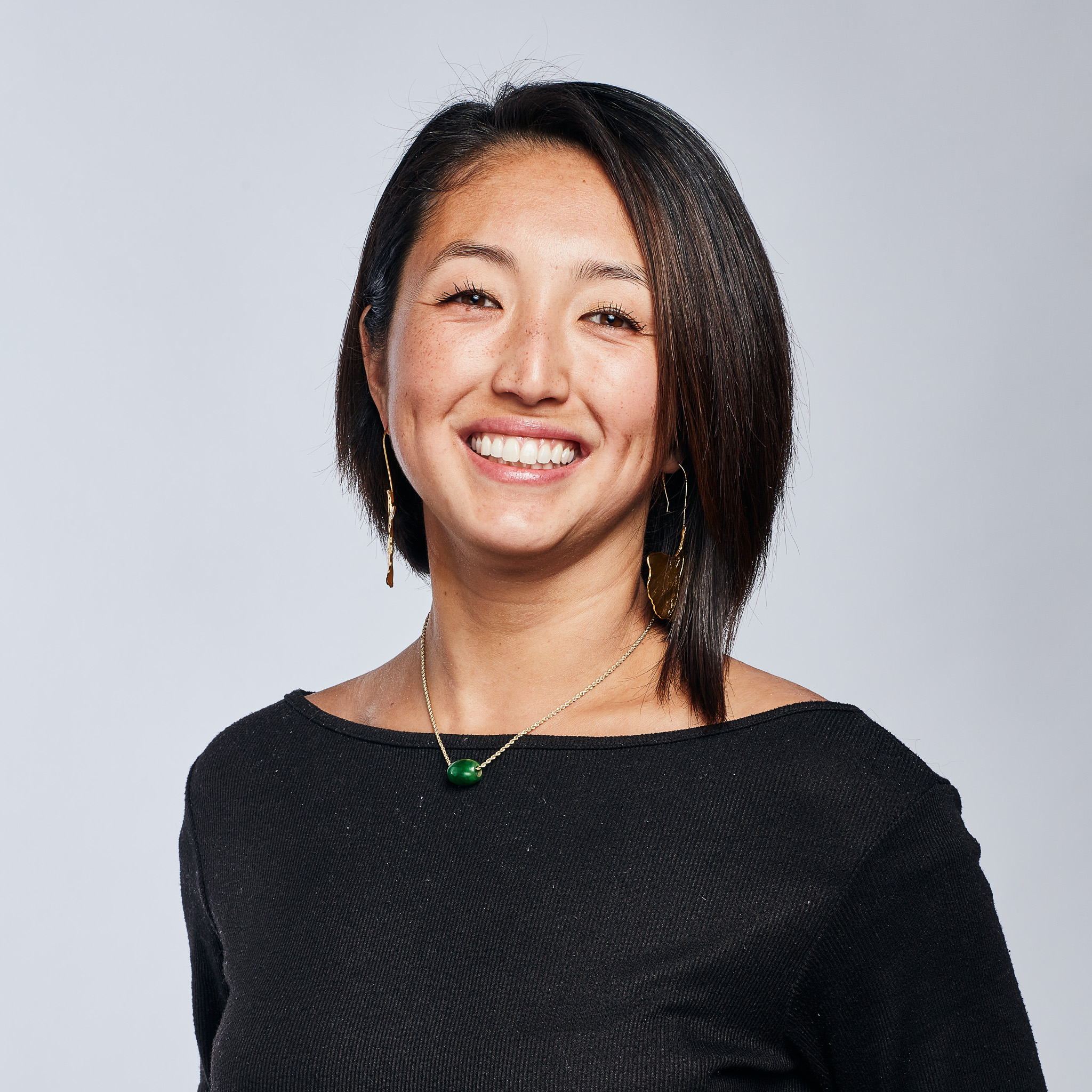
Dr. Alana Ogata
Assistant Professor, Department of Chemical & Physical Sciences, UofT

Tselot Tessema
PhD Candidate, Mechanical & Industrial Engineering, UofT
What was one key takeaway from your experience?

One of the most profound takeaways was recognizing the deep, inseparable connection Indigenous peoples have with the land as a source of healing, identity, and resilience.
Understanding that land is not just a physical space but a living, relational entity fundamentally reframes how we approach health and wellness in Indigenous communities.

Building relationships with Indigenous communities or partners takes time and genuine effort — it can take months or years before a meaningful collaboration or research project can begin.

Two things stood out.
First, the idea of “100 cups of tea” — a metaphor about taking time for genuine conversations before asking Indigenous communities to participate in research.
Second, the importance of a strengths-based research approach that empowers communities rather than focusing on deficits.
What was your favourite part of the experience?

Learning firsthand from the Elders about traditional medicines and their spiritual and emotional significance. Their generosity in sharing stories created a deeply meaningful connection that no textbook could replicate.

The community building and connection. Sharing this experience with one of my graduate students was incredibly rewarding — it gave us a shared language and space for reflection.

The communal aspect. Meeting new people, building relationships with colleagues, and sharing meals and stories made the experience truly impactful
Mena, Alana, and Tselot each work in different disciplines. We asked them to reflect on the importance of participating in the On the Land cultural safety program from their individual perspectives.

Clinicians must appreciate the historical and cultural contexts that shape Indigenous patients’ experiences with health care.
Learning directly from Elders about traditional medicines, healing practices, and respectful, inclusive language helps build trust, reduce systemic barriers, and promote culturally safe care.

It’s just as important for faculty to understand Indigenous perspectives as it is for students. This training helps us develop proper protocols and design research that aligns with Indigenous values — and it offers depth that virtual training can’t match.

From a trainee perspective, it’s a rare opportunity to hear directly from Elders and Knowledge Keepers, to experience life on the land, and to participate in communal living — all while being unplugged from technology. It’s immersive and humanizing.
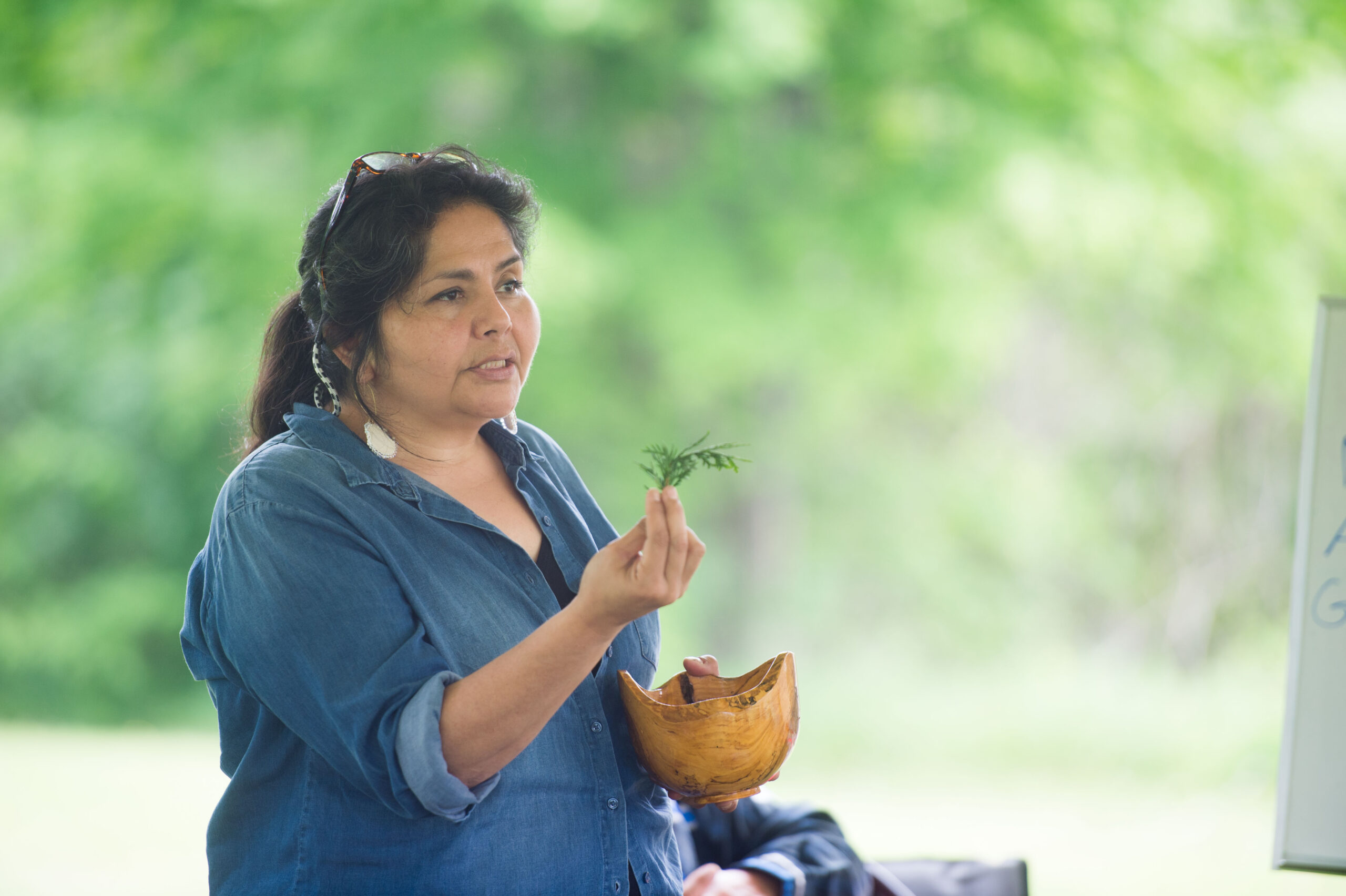
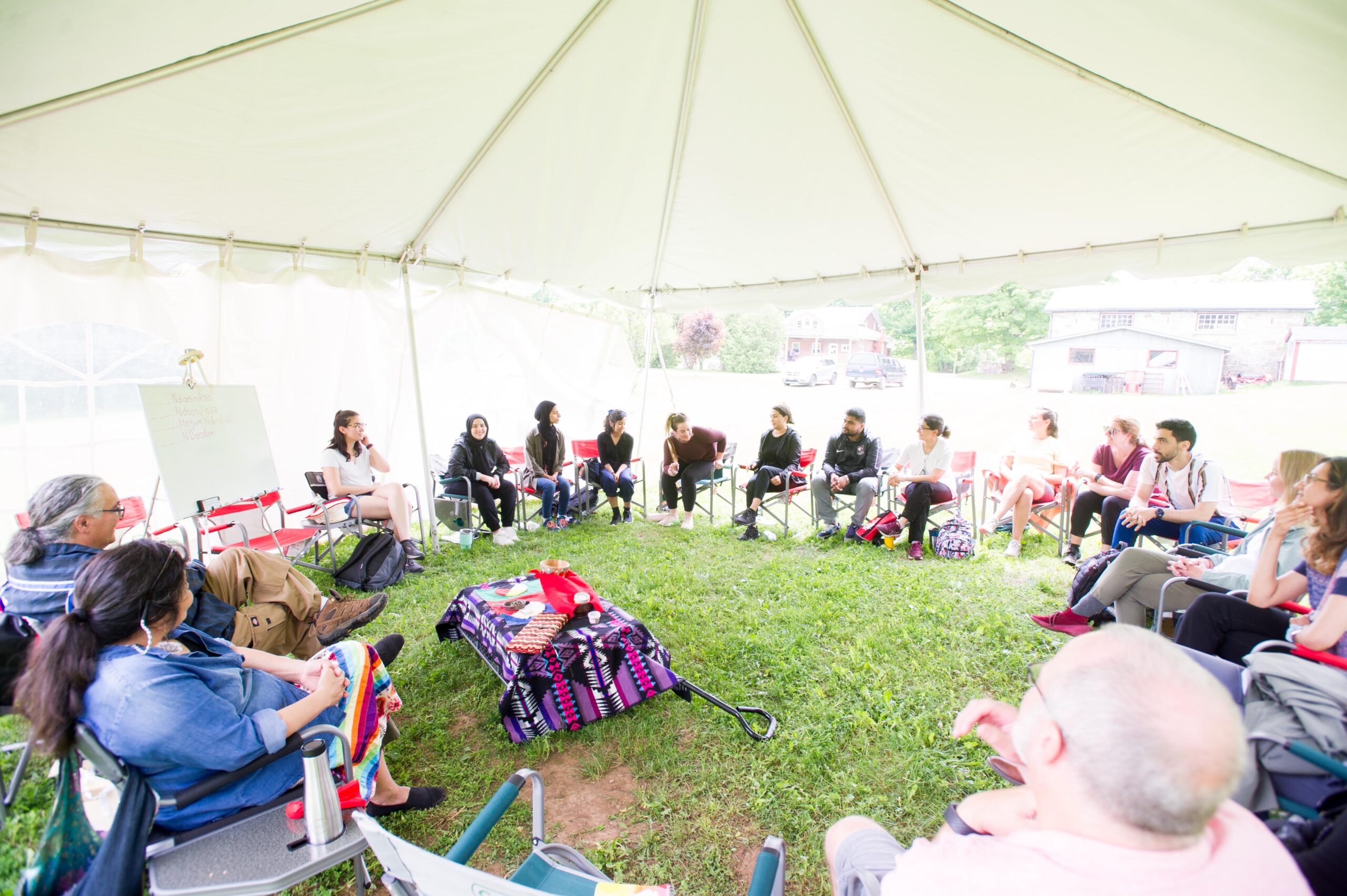
Whether you’re a trainee, researcher, or clinician, On the Land offers a meaningful opportunity to deepen your understanding of Indigenous health and well-being, to reflect on your own responsibilities in creating reciprocal partnerships, and to practically consider how you may apply these learnings in your own work.
This year’s cultural safety program will take place from September 11 to 13, 2025 at Gull Lake Survey Camp in Minden, Ontario.
Apply to be a part of the 2025 On the Land community today.

